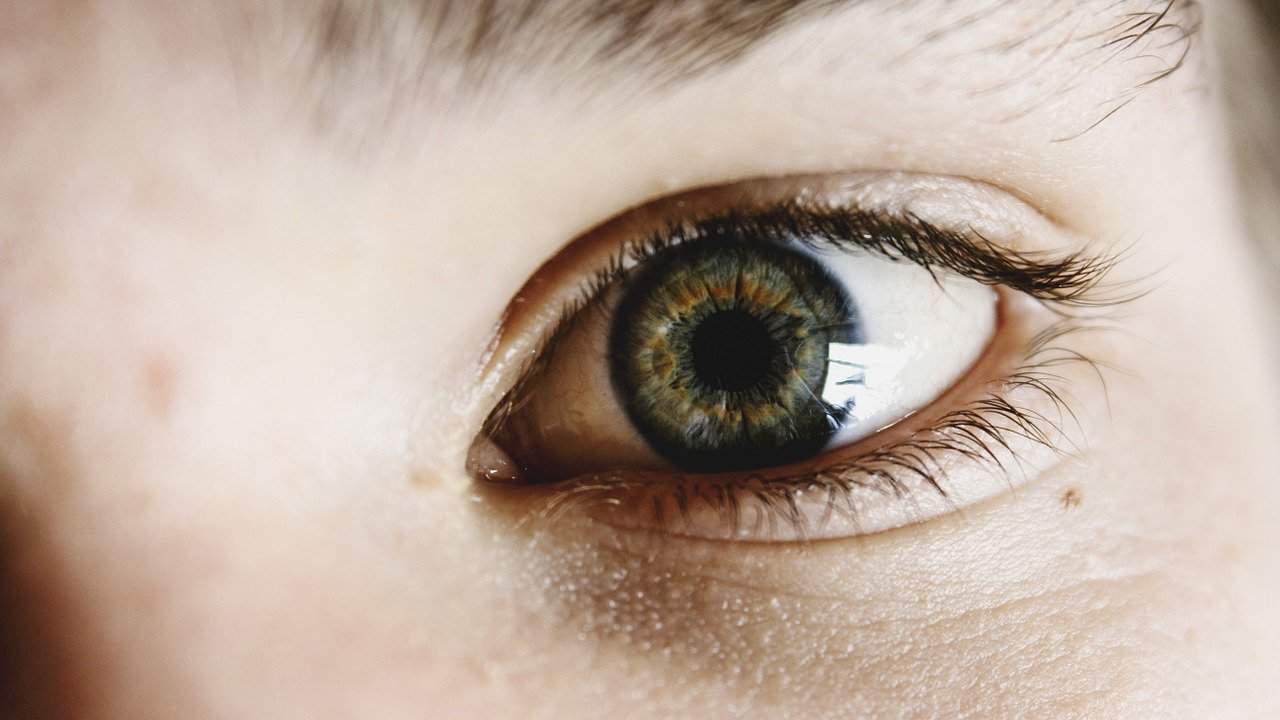Contents:
Medical Video: Laura Duntley survived HER2-positive breast cancer
Anthracycline is an antibiotic derived from the streptomyces bacteria and is a drug used to treat various types of cancer. Anthracycline functions to destroy and kill cancer cells. Anthracycline chemotherapy drugs include:
- Adriamycin (chemical name: doxorubicin)
- Ellence (chemical name: epirubicin)
- Doxorubicin (chemical name: doxorubicin)
- Daunorubisin (brand name: Cerubidine, DaunoXome)
- Mitoxantrone (brand name: Novantrone)
Anthracycline is very effective against breast cancer and other cancers. However, anthracyclines are believed to cause severe problems in the heart. Restricting the use of this drug is very strict if the patient is taking anthracycline. During antacyclin treatment, doctors are required to monitor the patient's heart condition. Adriamycin drugs (generic names: doxorubicin) and Ellence (generic names: epirubicin) are more often used for the treatment of breast cancer. Anthracycline is usually used in conjunction with other therapeutic drugs so that it can reduce the side effects that will arise.
How do anthracyclines work in the body?
Anthracycline functions to damage the structure and biological function of cancerous DNA cells by attacking cancer cells, inhibiting replication, and killing cancer cells. Anthracycline divides cancerous DNA cells, damages and breaks them down, after which they multiply.
Anthracycline binds to a part of the DNA strand, then stops the transcription process to prevent cell multiplication. This process also occurs in several other cells, especially cell mitochondria which are structures that produce cell energy. This cell part is used to make proteins needed for cell function and resistance.
What are the side effects of anthracycline?
Like all chemotherapy treatments, anracycline also has serious side effects including heart problems that can cause heart failure. The risk of heart problems can increase when used with other treatments that cause damage to the heart, such as Herceptin (chemical name: trastuzumab). Short-term side effects can cause nausea and hair loss.
Anthracycline can cause heart failure in patients. The rate of heart failure depends on the dose consumed. The higher the cumulative dose, the greater the potential for patients to experience heart failure. Anthracycline is induced by cardiotoxity which has two phases, the acute phase is characterized by symptoms of heart damage during treatment, and the final phase is the phase of heart damage that occurs from time to time. Heart failure can occur in the first year of treatment until more than a decade after treatment. The potential for heart failure can develop and there is no other way to identify patients at risk for heart failure. By knowing the effects of using antioxidants, it is known that prevention of cardiotoxicity through antioxidants has been shown to be ineffective in reducing the potential for tumor growth.
Anthracycline can also potentially develop acute leukemia which is usually unresponsive to treatment so that it can bring a poor prognosis. Although the potential for acute leukemia is quite large after chemotherapy treatment, the overall permanent risk is still relatively low.
The researchers are also still researching and understanding how anthracyclines can interfere with DNA. The better the understanding of anthracyclines, the better the development of this anthracycline.
What should be considered in the use of anthracyclines?
Always consult treatment before deciding to try anthracycline treatment. Also, tell your doctor if you are pregnant or have a pregnancy plan, or are breastfeeding.
Also tell your doctor about natural remedies you want to do, including taking natural supplements and herbal medicines, and tell them if you have allergies to antacyclin drugs.












